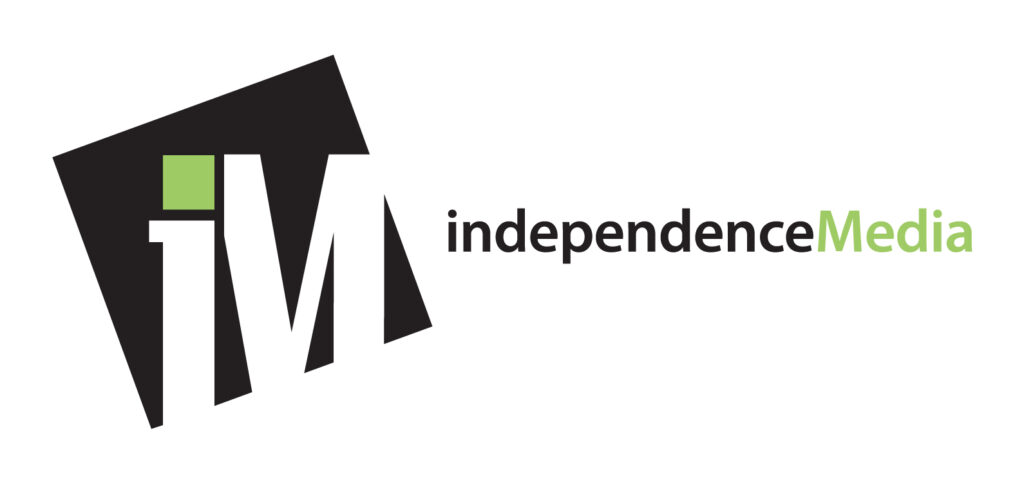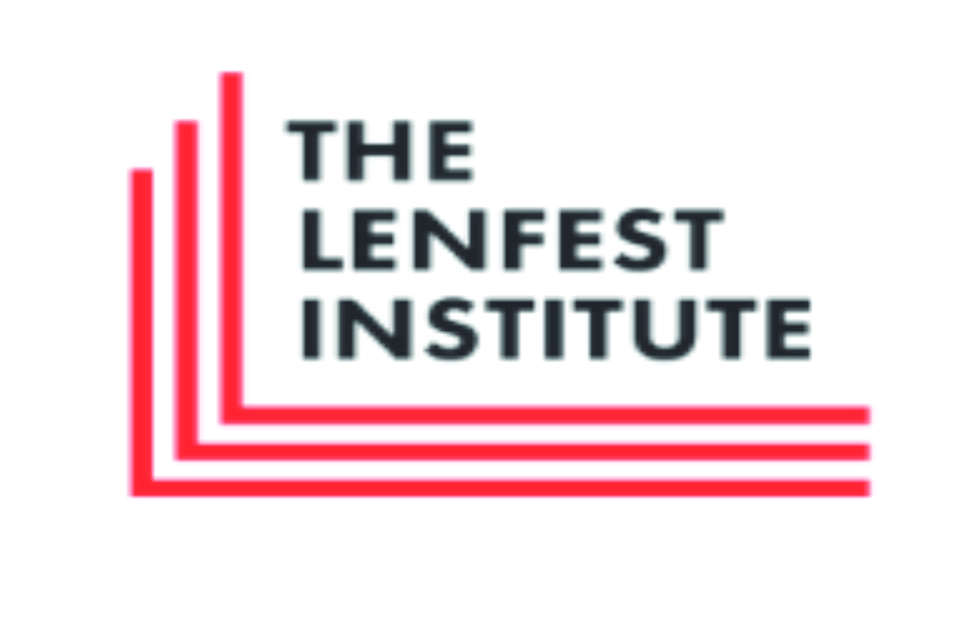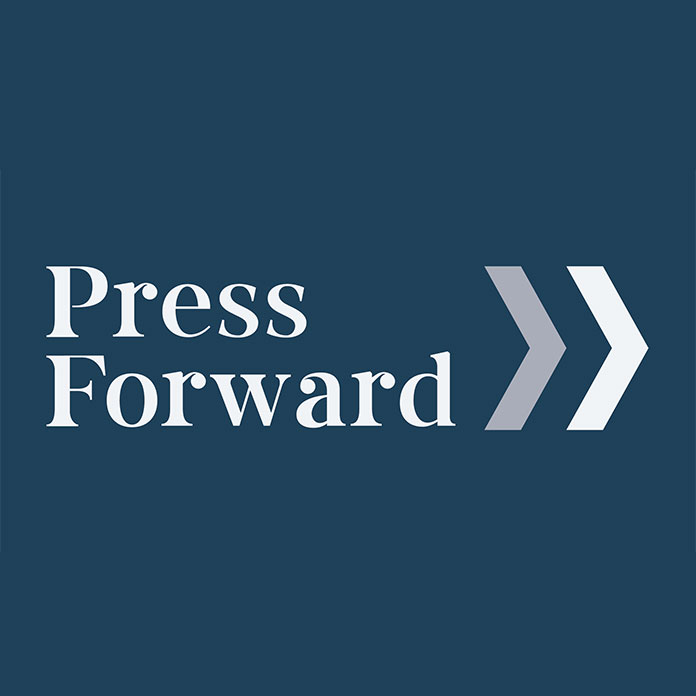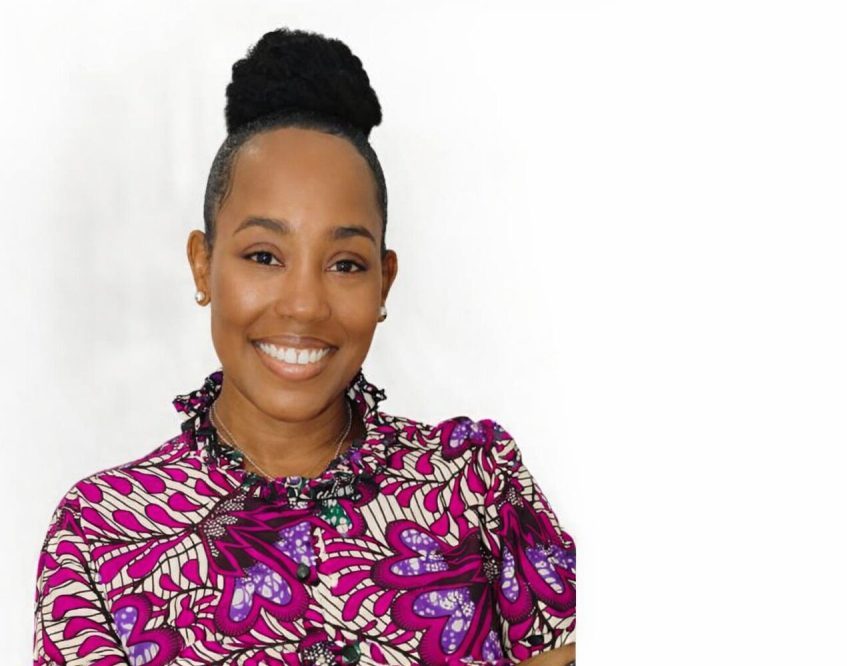“Entrepreneurship is like a construction project—it never finishes on time, and it always costs more than the estimate,” says Ade Lawal. After years of running a staffing firm, he’s learned that financial discipline and adaptability are keys to long-term success.
Ade Lawal understands the challenges of building something from the ground up. He arrived in the United States from Lagos, Nigeria, in 1992 with no professional experience and no degree. His first job was at Chick-fil-A while he attended Howard Community College in Maryland. From there, he transferred to the University of Virginia, earning a degree in Accounting and Management Information Systems.
After starting his career at KPMG, a multinational services network and one of the world’s Big Four accounting firms, he pursued an MBA at Harvard Business School.
Today, he owns the Philadelphia franchise of Express Employment Professionals, a staffing firm that has placed thousands of people in jobs across industries.
Starting over in a new country Immigrants often face the challenge of resetting their lives when they arrive in the U.S., but Ade had an advantage. “Fortunately, I came here when I had just graduated from high school and went right into college,” he explains. “And so, it was a little easier to transition from Nigeria,” he says.
Unlike many professionals who immigrate with degrees that don’t transfer easily, Ade didn’t have to worry about validating credentials or proving himself. He had a fresh, smooth start. He also had family support. “I had family that had lived here since the 1970s. I stayed with my uncle, who was working as a nuclear medicine technologist. So, I had the support of family, and I was young enough that I didn’t have to reset everything,” he recalls. That foundation made the transition smoother, allowing him to focus on education and career growth.
From Corporate Finance to Owning a Staffing Firm
Ade built his early career in corporate finance, working at KPMG, and GE Healthcare, and eventually leading a healthcare IT company. But in 2012, he decided to go in a different direction—buying the Philadelphia franchise of Express Employment Professionals.
Express is one of the largest recruitment staffing firms in the U.S., helping businesses find workers across industries. “We place people in everything from clerical jobs to factory work, from fresh professionals in an office to senior-level hires,” he says. In Philadelphia, his franchise has placed over 6,000 people in jobs and worked with more than 400 companies in the past five years.
Running a business was different from working in corporate America. “Eighty percent of companies in Philadelphia have less than five employees. Once you have more than five, you’re not a small business anymore. You have to worry about hiring, retaining people, training them, and meeting your client’s expectations,” he explains. Those responsibilities required a different skill set—one that he had to develop quickly.
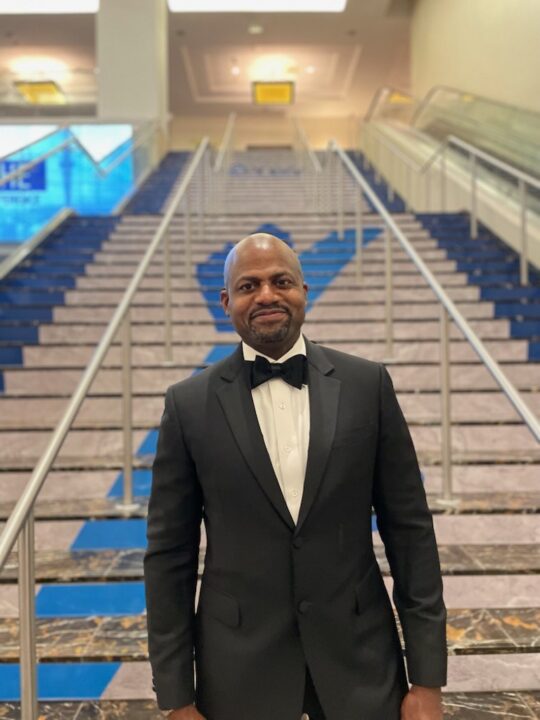
The Weight of Entrepreneurship
For Ade, one of the biggest challenges of business ownership has been carrying the load alone. “For the most part, I’ve been working by myself for the last 13 or 14 years. If it was possible to find a reliable partner, I may have done that to grow the business faster and share the burden,” he admits.
Entrepreneurship can be isolating, especially when the stakes are high. Business owners have to make tough calls on hiring, finances, and growth strategies—often without a safety net. “Managing people and managing finances are the most critical things to succeed as an entrepreneur,” he says. A strong network helps, but at the end of the day, business owners have to make the final call.
Workforce Development and the Power of Employment
While Express Employment Professionals is a business, Ade sees it as something bigger. It’s about creating opportunities. “The biggest source of pride for us is the impact that the people we’ve placed have in the organizations they work for,” he says.
For some, it’s about securing leadership roles. “When a client comes to us and says, ‘I’m looking for a CFO, a Director of Finance, or a Senior Accountant,’ and we place that person, we go back years later and hear about the changes they’ve made—it’s a great feeling,” he shares proudly.
For others, it’s about a fresh start. “From time to time, we get people who come back years later to say, ‘Thank you for helping me find that job when I needed it most.’ Those moments mean everything.”
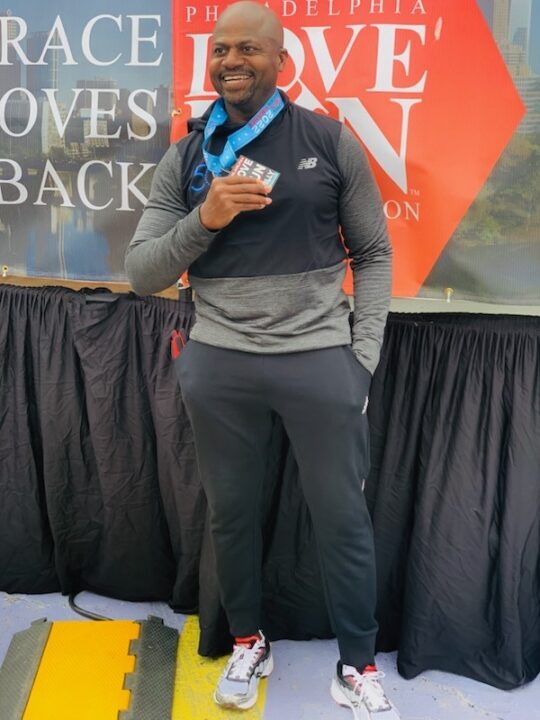
Giving Back Through Community Leadership
Ade’s business is one way he creates opportunities, but he also gives his time to organizations that support workforce development and economic empowerment. He has served on the boards of the African American Museum in Philadelphia, OIC, and the Welcoming Center for New Pennsylvanians, a nonprofit that helps immigrants transition into the workforce.
“I see people like me coming through these organizations—people trying to get jobs, people transitioning into society. My story itself is an inspiration to some without even knowing it,” he says. That’s why he chooses to serve on boards that align with his experiences. He knows what it’s like to be in those shoes.
Still, he’s mindful of how he spends his time. “There are only so many hours in a day. Part of being a good business person is managing your time and picking things you can do well without spreading yourself too thin.”
Lessons from a Business Owner
Ade has learned that staying financially disciplined is the key to survival. When COVID-19 hit, his business took a 60 percent revenue loss in 2020 and 2021. “If we were not financially diligent, we wouldn’t have made it through COVID,” he says.
The pandemic in recent years forced him to rethink his approach. Express had previously focused on staffing in hospitality, an industry that collapsed during the shutdowns. To survive, he diversified into different sectors, including healthcare, finance, and administrative staffing.
That ability to pivot is something he emphasizes to other business owners. “You don’t serve all your clients forever. You have to be thinking about where your next client is going to come from, and where your next business opportunity is going to come from.
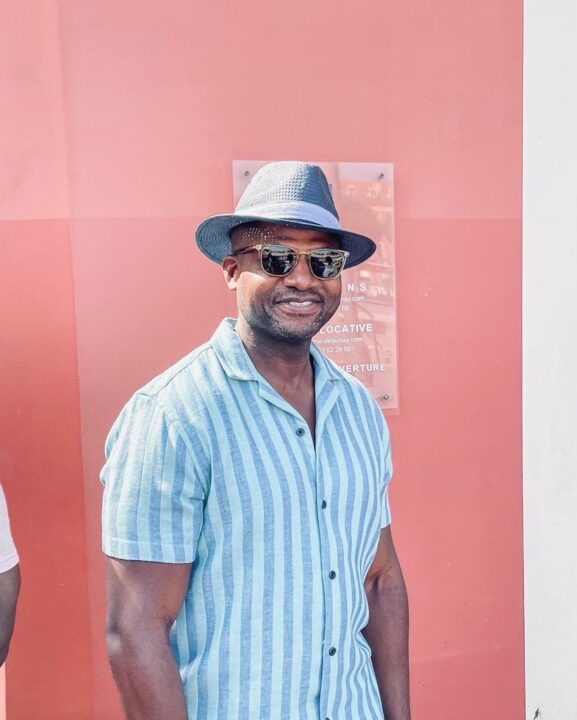
Looking Ahead
If Ade could change one thing, he would have sought out a business partner early on. But looking back, he knows that every challenge has shaped his growth. He’s built a business that doesn’t just place workers—it builds careers.
When asked what people can do to support his work, his answer is simple: “Referrals. We’d love to get referrals of people who are looking to hire employees, and people who are looking for jobs. That’s the lifeline of our business.”
Ade Lawal’s journey is about more than business success. It’s about navigating change, seizing opportunities, and opening doors for others. From a high school graduate in Nigeria to a business leader in Philadelphia, he has built something that lasts. And like any construction project, the work is never quite finished.
This article is made possible with the support from the following organizations:

Dr. Eric John Nzeribe is the Publisher of FunTimes Magazine and has a demonstrated history of working in the publishing industry since 1992. His interests include using data to understand and solve social issues, narrative stories, digital marketing, community engagement, and online/print journalism features. Dr. Nzeribe is a social media and communication professional with certificates in Digital Media for Social Impact from the University of Pennsylvania, Digital Strategies for Business: Leading the Next-Generation Enterprise from Columbia University, and a Master of Science (MS) in Publication Management from Drexel University and a Doctorate in Business Administration from Temple University


